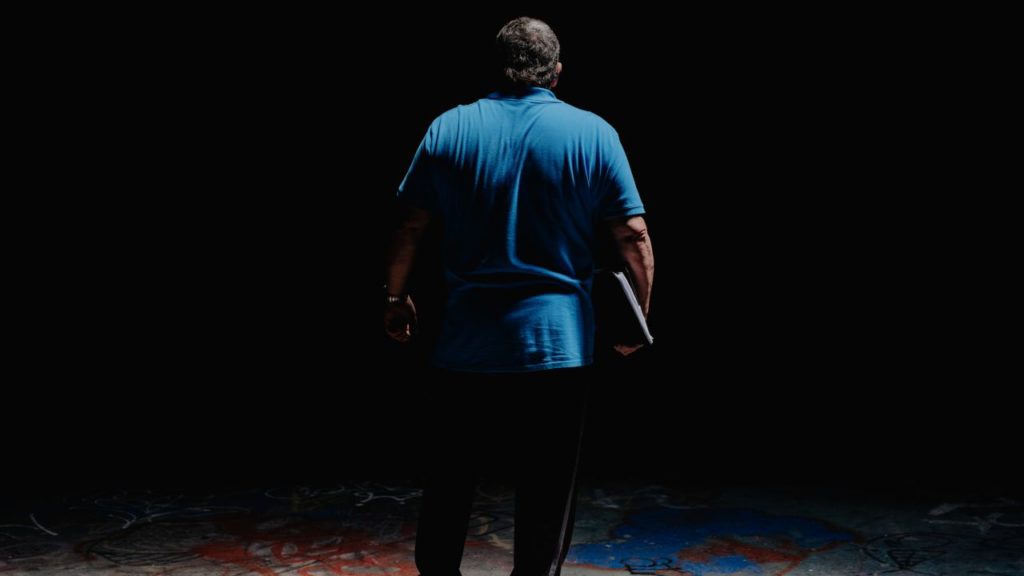hen Attorney General Jeff Sessions convened his Task Force on Crime Reduction and Public Safety in February, it was widely assumed to be the first step toward a crackdown on the state-level legalization of marijuana. Sessions stacked the task force with federal prosecutors and law enforcement officers, who were expected to endorse an assault on the cannabis industry in states that have signed off on recreational marijuana use. But on Friday, the AP got ahold of the task force’s recommendations and revealed that they weren’t draconian at all. Rather, the group suggested maintaining the current compromise between states and the feds that has allowed marijuana reform to flourish.
In the end, that surprising affirmation of the status quo probably doesn’t matter. Sessions may have failed to produce a pretext for his anti-pot crusade, but he is still preparing to target legal cannabis in at least three of the eight states that have legalized recreational weed. The attorney general has almost certainly known about the task force’s recommendations for weeks if not months, since they were provided to him on a “rolling basis.” Yet even as these findings came in, Sessions was laying the groundwork for a strike against the legalization movement.
The strategy taking shape at Sessions’ Justice Department revolves around an Obama-era policy designed to strike a balance between federal interests and state sovereignty. After Colorado and Washington state voted to legalize recreational marijuana in 2013, Deputy Attorney General James M. Cole issued the so-called Cole memo outlining the DOJ’s new approach. While cannabis is illegal under federal law, Cole directed federal prosecutors not to target individuals, growers, or sellers who comply fully with state regulations. Instead, the Cole memo instructed prosecutors to focus their efforts “on certain enforcement priorities,” including the distribution of marijuana to minors, interstate smuggling, and “drugged driving” as well as “other adverse public health consequences.”
Since then, as more states promulgate and implement cannabis regulations, they have focused on staying “Cole compliant”—prioritizing enforcement in those areas outlined by the memo. Under the leadership of Eric Holder and Loretta Lynch, the Justice Department mostly kept its promise, allowing an increasing number of states to experiment with full legalization. Meanwhile, Congress barred the DOJ from going after medical marijuana, depriving the agency of funds to prosecute users, growers, and sellers of medicinal cannabis who comply with state law. (Twenty-nine states, the District of Columbia, Guam, and Puerto Rico have legalized medical marijuana.)
Sessions has said that “much of” the Cole memo is “valid” and has not publicly expressed interest in rescinding it. But as Reason’s Jacob Sullum has pointed out, the memo is so elastic that it gives prosecutors leeway to target the legal cannabis industry under the pretense that states have failed to comply with Cole. Obama’s DOJ interpreted the memo to encourage a laissez-faire approach to states’ experiments with marijuana reform, so long as they crafted a stringent regulatory framework. But Sessions criticized this approach as a senator, asserting that the agency had construed Cole too leniently. His comments raised fears that, as attorney general, Sessions would reinterpret Cole, allege state noncompliance, and launch a clampdown on legal marijuana.
That’s precisely what Sessions appears to be doing. The Huffington Post’s Matt Ferner reported on Thursday that the governors of Colorado, Oregon, and Washington have sent Sessions analyses of their states’ compliance with the Cole memo, apparently to no avail. In nearly identical messages sent to the governors and attorneys general of those states, Sessions wrote that the DOJ “remains committed to enforcing” the federal ban on cannabis, a “dangerous drug.” He then pointed out that the Cole memo permits “investigation or prosecution” of the legal cannabis industry—even when it complies with Cole. (The implication here is that the DOJ’s policy is already generous, perhaps overly so.) More concerningly, Sessions attached state-specific federal reports that, he alleged, “[raise] serious questions about the efficacy of marijuana ‘regulatory structures’ in your state.”
In reality, those reports’ findings are pretty minor. While the exact statistics vary by state, they mostly demonstrate minimal impacts on public health and safety. In Washington, Sessions highlights “a 54% increase in the number of marijuana calls to the State Poison Center from 2012-2014” but cannot point to a corresponding increase in marijuana-related deaths (because there were none). He also points out that most violations of state marijuana law involve minors. It’s true that some dispensaries have illegally sold cannabis to individuals younger than 21. But the state is working to stamp out this problem, bringing the vast majority of dispensaries into compliance. And studies have found that teen pot use does not increase when states legalize.
The most alarming figure Sessions cites is a surge in car crashes involving drivers who test positive for cannabinoids. But cannabis compounds, unlike alcohol, remain in the system for weeks after inhalation or ingestion. So this finding does not actually prove that more people are operating motor vehicles while stoned. Moreover, a separate study found no upswing in fatal crashes in Colorado, Oregon, and Washington. At worst, then, legalization may have led to an uptick in nonlethal crashes.
For Sessions, these statistics, however misleading, provide cover to allege a violation of Cole and commence the prosecution of growers, sellers, and users who comply with state law. Prosecutors could also attempt to derail the industry by sending minatory letters to stakeholders warning of a potential crackdown. The chilling effect of these admonitions could slow the growth of the legal cannabis market and reinvigorate the black market trade. As Tom Angell, founder of the Marijuana Majority, told me in an email, “overturning state regulatory systems that are working well will only put the marijuana market back into the hands of cartels and gangs instead of allowing regulated businesses to continue generating tax revenue and creating jobs. That would be an enormous blow to public health and safety.”
Sessions’ letters are even more disturbing in light of the task force’s recommendations, the bulk of which seem to have been forwarded to him before he sent those threatening letters. His own experts believe the current regime is working just fine, yet the attorney general is still intent on creating a confrontation between the DOJ and marijuana-legalizing states.
If a respected team of prosecutors and law enforcement officers can’t change Sessions’ mind about cannabis, it’s hard to imagine anything that could. Sessions may be an extreme outlier, one of the few remaining drug warriors with real power who yearns for a federal crackdown on marijuana. But when it comes to drugs, his opinion is the one that matters most. It’s possible that Sessions could heed his experts and allow the marijuana experiment to proceed—but there’s little evidence to suggest that his fixation on pot will soon come to an end. The man who once supported the death penalty for pot dealers is unlikely to let some task force stand in the way of his crusade against cannabis.
credit:slate.com











